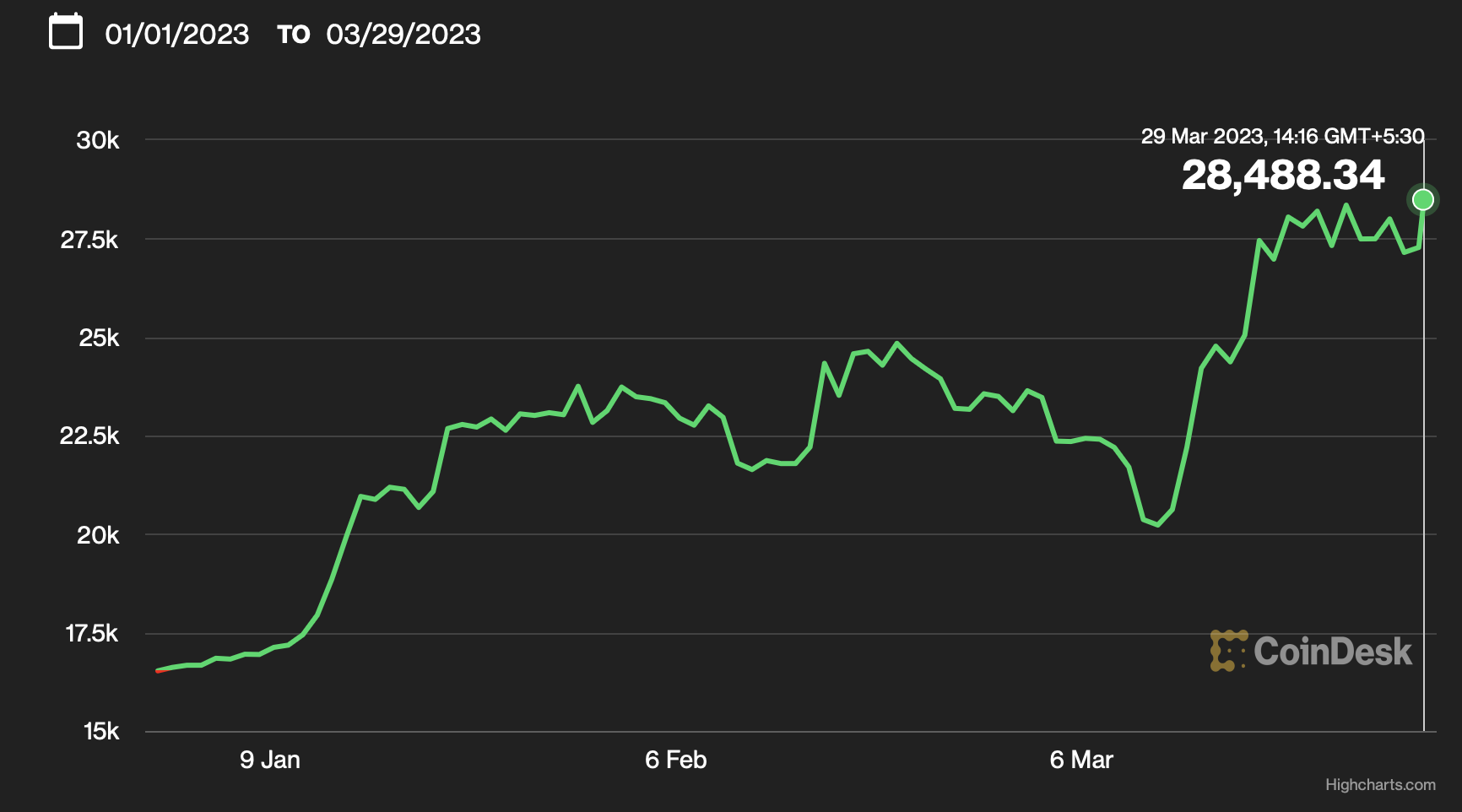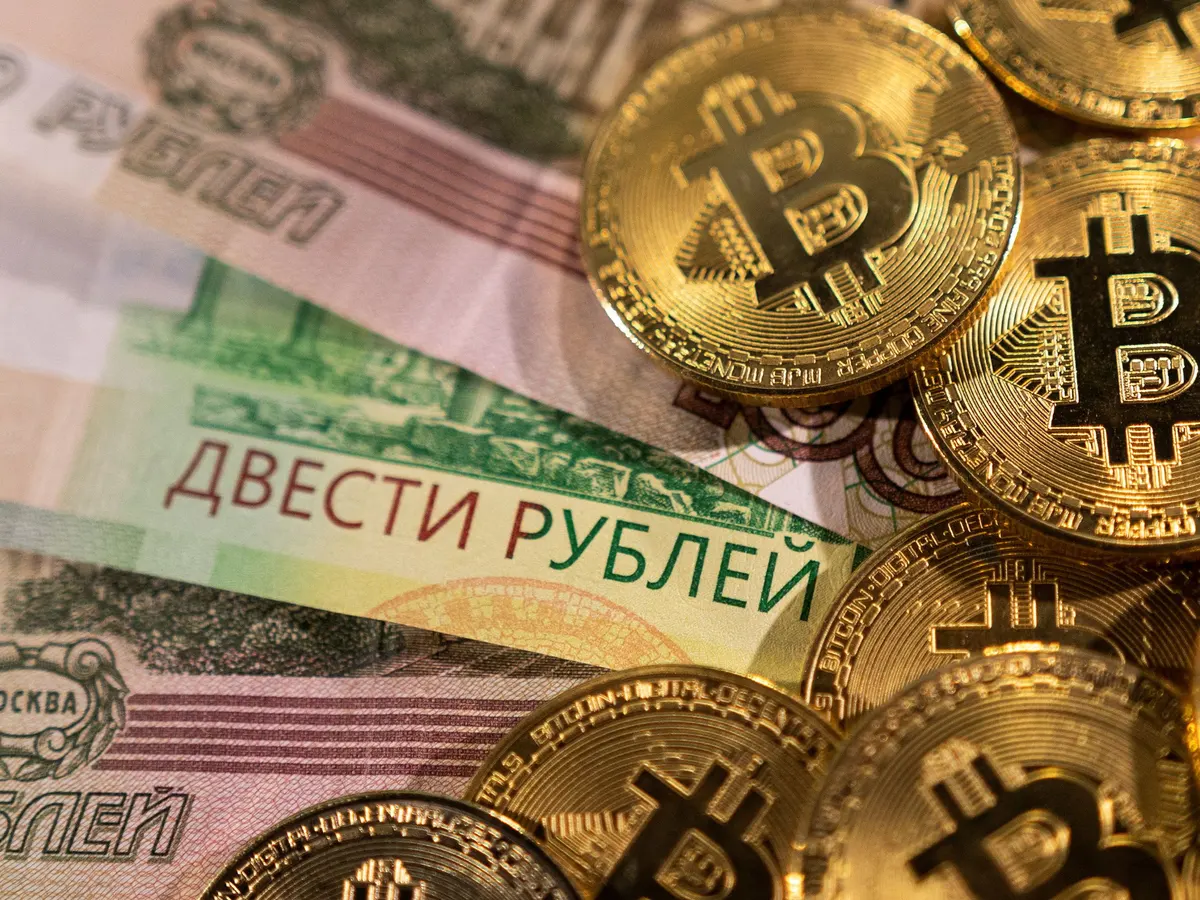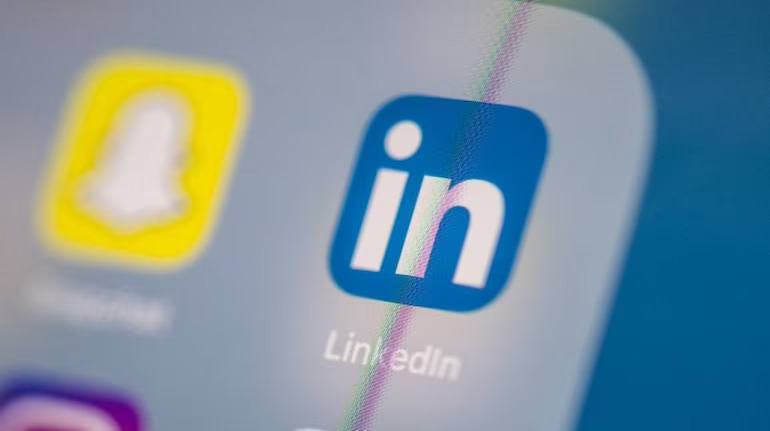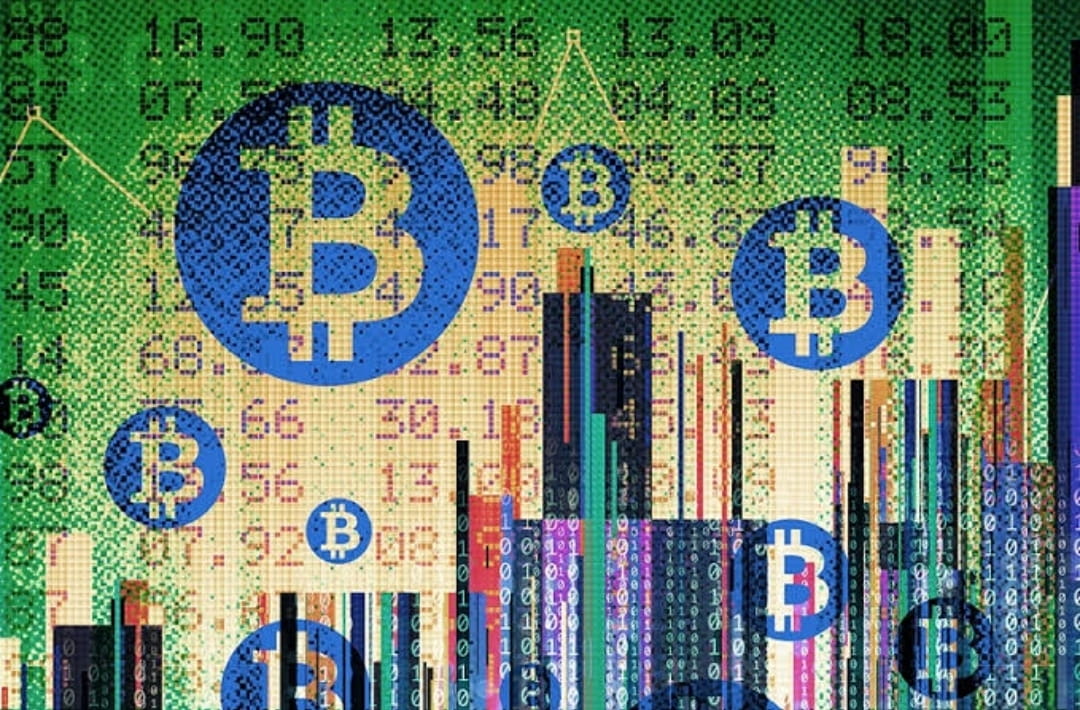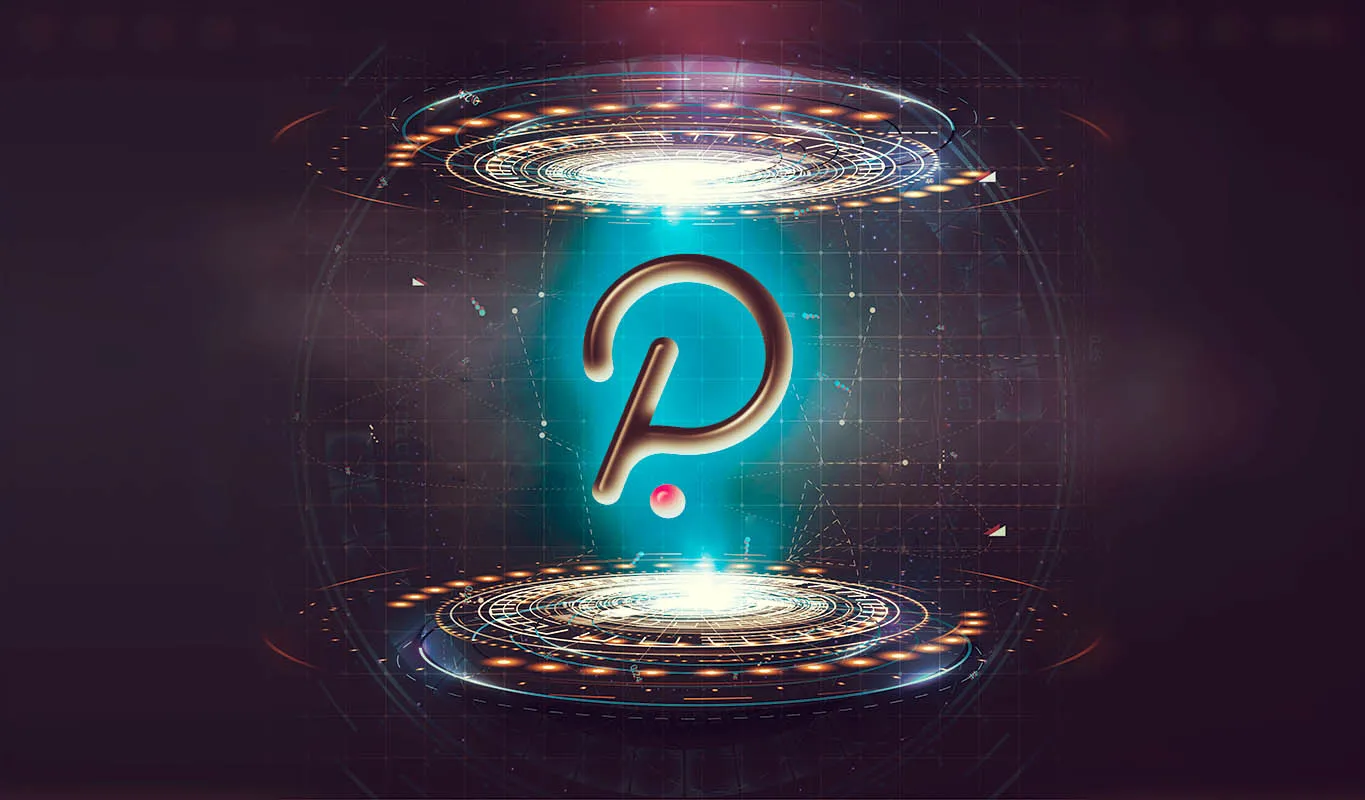Decentralized social media: A game-changer for creator monetization ? Web3 exec
As mentioned above, decentralized social media platforms give creators more control over their content and data.
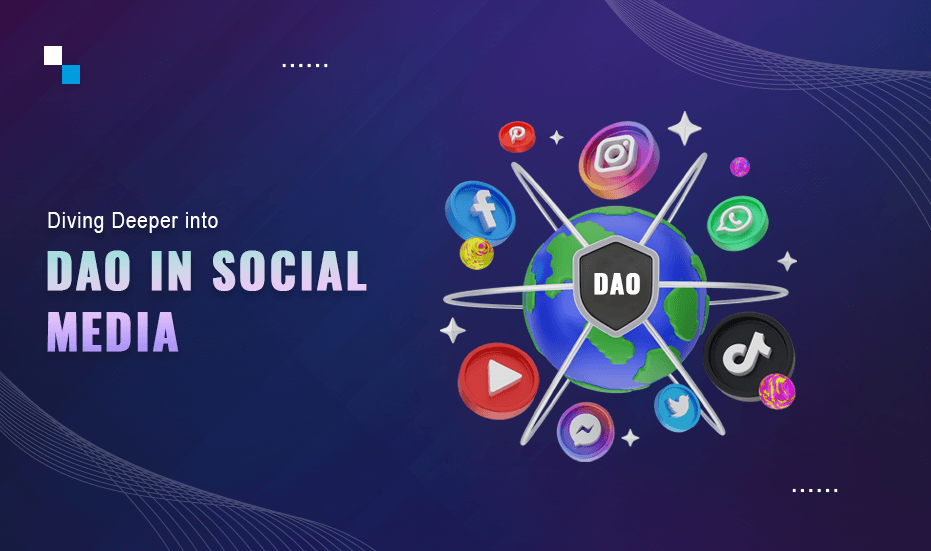
Web3, the next generation of the internet, is built on blockchain technology and decentralized networks. It promises to be more decentralized and secure than the current internet. This has led to many people believing that Web3 could be the ideal Decentralized social media for the creator economy.
The creator economy is a term used to describe the growing number of people who are making a living by creating and selling content online. This includes bloggers, YouTubers, podcasters, musicians, and artists.
Decentralized social media platforms are social media platforms that are built on blockchain technology. This means that they are not controlled by any central authority. This has a number of advantages for creators, including:
- More control over their content and data: Creators have more control over their content and data on decentralized social media platforms. This is because they are not subject to the whims of any central authority.
- New ways to monetize their content: Decentralized social media platforms offer creators new ways to monetize their content. For example, creators can use cryptocurrencies to receive payments from their fans.
- More opportunities to collaborate: Decentralized social media platforms make it easier for creators to collaborate with each other. This is because they are not subject to the same restrictions as traditional social media platforms.
How decentralized social media platforms are changing the game for creators
Decentralized social media platforms are changing the game for creators in a number of ways.
- Giving creators more control over their content and data: As mentioned above, decentralized social media platforms give creators more control over their content and data. This is because they are not subject to the whims of any central authority. This means that creators can choose how their content is used and who has access to it.
- Opening up new ways to monetize content: Decentralized social media platforms are opening up new ways for creators to monetize their content. For example, creators can use cryptocurrencies to receive payments from their fans. This can be a more direct and efficient way to monetize content than traditional methods, such as advertising.
- Creating more opportunities for collaboration: Decentralized social media platforms are making it easier for creators to collaborate with each other. This is because they are not subject to the same restrictions as traditional social media platforms. For example, creators can easily share content with each other and create joint projects.
Challenges and opportunities for decentralized social media platforms
Decentralized social media platforms face a number of challenges, including:
- Complexity: Decentralized social media platforms can be complex for users to understand and use. This is because they are based on new technology and often require users to have some knowledge of cryptocurrencies.
- Lack of users: Decentralized social media platforms are still relatively new and have a small user base. This can make it difficult for creators to build a following on these platforms.
- Regulatory uncertainty: There is still a lot of regulatory uncertainty surrounding decentralized social media platforms. This can make it difficult for creators to invest in and build on these platforms.
Despite these challenges, decentralized social media platforms offer a number of opportunities for creators. These platforms give creators more control over their content and data, open up new ways to monetize content, and create more opportunities for collaboration.
Decentralized social media is still in its early stages of development, but it has the potential to be a game-changer for creator monetization. Decentralized social media platforms give creators more control over their content and data, open up new ways to monetize content, and create more opportunities for collaboration.
Creators who are looking for new ways to monetize their content and collaborate with other creators should consider using decentralized social media platforms.
Additional information
Here are some additional thoughts on the topic of decentralized social media and creator monetization:
- Decentralized social media platforms are still under development. This means that there are many opportunities for innovation and experimentation.
- The creator economy is still in its early stages of development. This means that there is a lot of room for growth and opportunity.
- The relationship between decentralized social media and the creator economy is complex. There are many different ways that creators can use decentralized social media to monetize their content and collaborate with other creators.
I believe that there is a lot of potential for decentralized social media and the creator economy to coexist and even thrive together. Decentralized social media has the potential to give creators more control over their data, identity, and work. This could lead to a more diverse and innovative creator economy.
However, there are still a number of challenges that need to be addressed before decentralized social media can be widely adopted by creators. The cryptocurrency community needs to make decentralized social media more user-friendly and accessible. Governments also need to create clear and supportive regulations for decentralized social media
What's Your Reaction?








